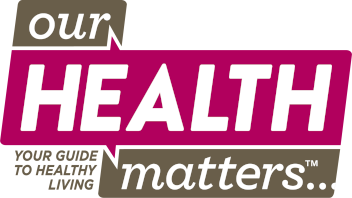When wealth determines health…
When it comes to health, there are many factors that influence how long and how well people will live, from the quality of their education to the cleanliness of their environment. But of all social determinants of health, research shows there is one that is perhaps the most influential is income. Public health workers have long been witness
Public health workers have long been witness to the inextricable links between poor health and poverty. Science consistently shows that low incomes are a significant risk factor in disease incidence and severity as well as life expectancy.
For example, in a study published in April in the Journal of the American Medical Association that examined more than 1 billion U.S. tax records from 1999 through 2014, researchers found that higher income was linked with longer life, with differences in life expectancy across income groups increasing over time.
In particular, the study found that the gap in life expectancy between the richest 1 percent and poorest 1 percent was more than 14 years for men and more than a decade for women. Inequality in life expectancy increased as well, with men and women in the top 5 percent of income distribution gaining about three years of life expectancy, while those in the bottom 5 percent gained virtually no additional years of life.
One of the more obvious ways to address income inequality is by raising the minimum wage, an issue currently at the forefront of national debate and finding success in states and localities across the country. In 2015 alone, 14 cities, counties and states passed a $15 minimum wage. The federal minimum wage still sits at $7.25. And as policy efforts on the minimum wage move forward, so too has the public health science. For instance, in a study published in June in APHA’s American Journal of Public Health, researchers found that if New York City’s minimum wage had been $15 between 2008 and 2012, 2,800 to 5,500 premature deaths could have been averted, with the majority of such prevented deaths realized in low-income communities.
U.S. income inequality has been increasing for decades, and there are large wage gaps by gender, race and ethnicity, according to the Pew Research Center. Hispanic men earned $14 an hour in 2015, compared to $15 an hour for black men and $21 an hour for white men. Women’s wages lag behind men across the board, both when compared to white men and men in their own racial and ethnic groups. •
SOURCES: The Nation’s Health, American Public Health Association www.cdc.gov/socialdeterminants, www.thenationshealth.org/sdoh.





